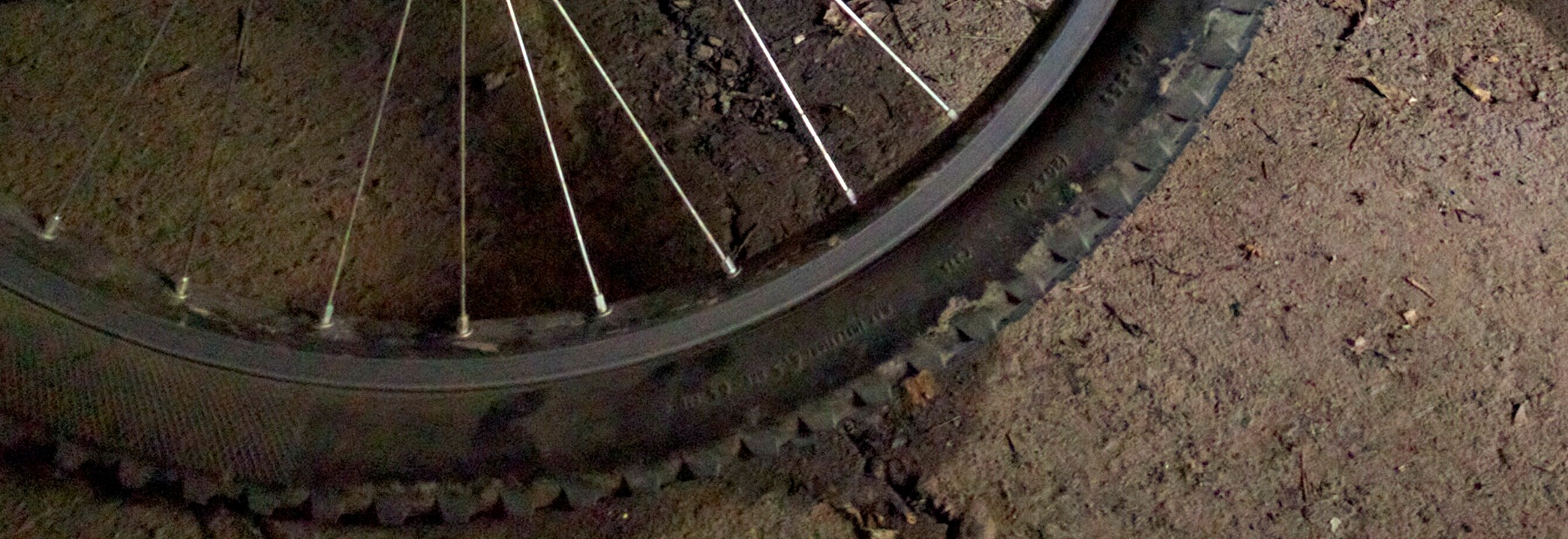His rage was immediate. “God damn it! You could have killed me! Why weren’t you looking? You God damn just about hit me!”
Panting, fueled by adrenaline, the middle-aged man glared at me, outraged, itching to transfer his upset, ready to spit more invective as soon as I engaged. He was shaking; he was scared. In the moment of crisis, his fear became sharp, upbraiding, contentious. Fueled by adrenaline, huffing righteously, he blazed, his crow’s feet constricting as he waited for my defensive reply — the permission to commence some real shouting. After a few tense exchanges, he would splutter through his mustache that I was stupid and people were idiots, capping his indignation by jamming his feet on the bike pedals and cranking furiously down the sidewalk towards home, towards his loved ones, towards the ears that would listen sympathetically to the story of how a dumbass lady almost hit him when she was driving out of the parking ramp because shewasn’tevenlookingandshewasanidiot.
Even before I responded, both of us knew how this interaction would play out.
Stunned, hands gripping the steering wheel, heart racing, I mentally tapped out the beats of the scenario. Attack. Defend. Thrust. Justify. Deride. Slam. Pffft.
We both knew how this was supposed to go.
He was right. I had just about hit him. I could have killed him. However, inasmuch as was possible, I had been looking.
Before presenting a defense, my brain whirling, I gamed out the next few moves. In response to my parry, he would thrust, yelling that NO, I OBVIOUSLY HAD NOT BEEN LOOKING, or I wouldn’t have almost mowed him down. After that, it would fall upon me to justify.
Oh, I had justifications.
The exit from the parking garage was a blind one. I had checked the round mirror hanging above the exit before pulling forward. There had not been any foot traffic.
He was on a bicycle, on the sidewalk; therefore he had whizzed into the scene much more quickly than someone walking would have. According to the law, bikes are supposed to follow the rules of the road for wheeled vehicles. He was not supposed to be biking on the sidewalk.
What’s more, he was biking the wrong direction — on the sidewalk — on a one-way street. Again, if he were following the law and the rules of the road for wheeled vehicles, he should not have been riding the wrong direction down a one-way. As a driver, I had been looking for foot traffic following pedestrian laws and wheeled traffic following vehicular laws.
And as long as we were examining each other’s behaviors, if he was so dedicated to his bodily safety, why had he opted to wear a beret instead of a helmet? People who truly care for their well-being wear God damned helmets when they bike the wrong way down a city sidewalk.
Indeed, I had justifications as to why he was equally in the wrong, pointed ripostes flitting through my head during the quick nanosecond before I responded to his shout.
But. I didn’t feel like pushing responsibility for the near-accident back onto him. Under my power, my car had almost hit a man on a bike. I had almost hurt someone. I had scared someone so badly that he was hollering at me.
He had chosen anger.
I did not have to.
Instead, my brain still whirling, swinging between defensiveness and discomfort with conflict, I burst into tears.
He hadn’t expected that. His jaw dropped as he stared at the bawling woman.
Owning the moment — because someone had to, and I was as likely a candidate as he — I sobbed, “I am so sorry. I didn’t see you, and I should have. I’m so sorry for not seeing you, and I’m so sorry that people, all of us, immediately leap to anger with each other. I’m so sorry we can’t just be peaceable. I would never want to hurt you, and I don’t want to fight with you. I only want peace.”
Words spent, I filled my lungs with a shuddering inhale.
Between us, the air became less dark.
He didn’t know what to do. He hadn’t expected this. The noncomplementarity of my reaction threw him. My sadness, unexpected in the face of his aggression, wasn’t part of the script.
To his surprise — mine, too — the tone of the play had changed. His face softened. In his fear, he had forgotten his real self, had forgotten that he, too, only wanted peace. My unexpected apology threw him, shook him from the drama of rage.
“Well, yes, so…” he cleared his throat. Tipping his head to the side, looking contrite, he shrugged. “Yea. Me, too.”
For half a breath, we smiled at each other in silence, me through tears, him through sheepishness.
“Okay, uh, you have a good day then,” he finally spluttered through his mustache, capping his words by jamming his feet on the bike pedals and cranking furiously down the sidewalk towards home, towards his loved ones, towards the ears that would listen sympathetically to the story of how
a regretful woman apologized for almost hurting him
and how, from out of nowhere,
they shared a moment of peace.
**Huge shout-out to this week’s episode of the podcast Invisibilia, “Flip the Script,” for reminding me of this encounter (which took place a few years ago) and for reminding me that there are ways, such as noncomplementary reactions, to de-escalate situations from their trajectory of amplification.



Leave a Reply